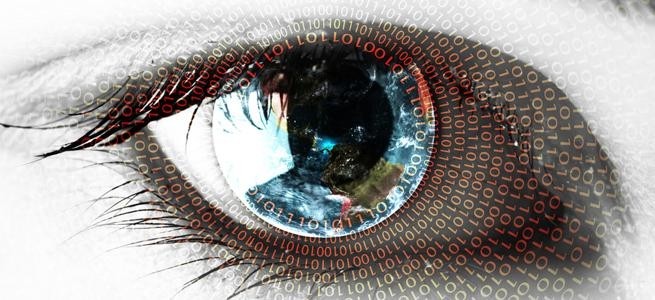The National Security Agency is secretly collecting telephone records from millions of Verizon customers in the U.S., reports The Guardian. A top-secret court order issued in April under the Patriot Act requires that Verizon give the NSA information on all telephone calls within its systems on an "ongoing, daily basis."
The order applies to both domestic calls, and calls between the U.S. and other countries, and covers all calls from any customer whether they are suspected of wrongdoing or not.
Update: More information has been untapped detailing a NSA program, code-named PRISM, which would be collecting directly from the servers of several technology companies in the US, including Microsoft, Yahoo, Google, Facebook, PalTalk, AOL, Skype, YouTube, Apple. However, several of these companies have been quick to deny such claims, saying they do not provide any government agency with direct access to their servers.
The original story follows below:
The order was handed down to the FBI by the Foreign Intelligence Surveillance Court on April 25, and grants the government authority to gather data until July 19.
The data collected includes phone numbers of both caller and recipient, location information, call duration, unique identifiers, and the time the call occurred. However, the content of the conversation is not available under the terms of the blanket order.
It's not yet known whether additional carriers were served with similar NSA orders; recipients are explicitly prohibited from discussing the matter, so it's quite possible that other large carriers were targeted as well. AT&T declined to comment when contacted by the New York Times.
It's also unclear whether this three-month order is unique, or if similar orders have been issued in the past. The Bush administration is known to have carried out similar surveillance without court orders after the 9/11 attacks, and it is now speculated that the government may have continued collecting data but moved the activity under the Patriot Act without disclosure.
The Obama administration has this morning declined to comment about this specific order, but said the practice was "a critical tool in protecting the nation from terrorist threats to the United States."
The disclosure of the order has reignited the debates in the U.S. over the reach of government surveillance powers.
